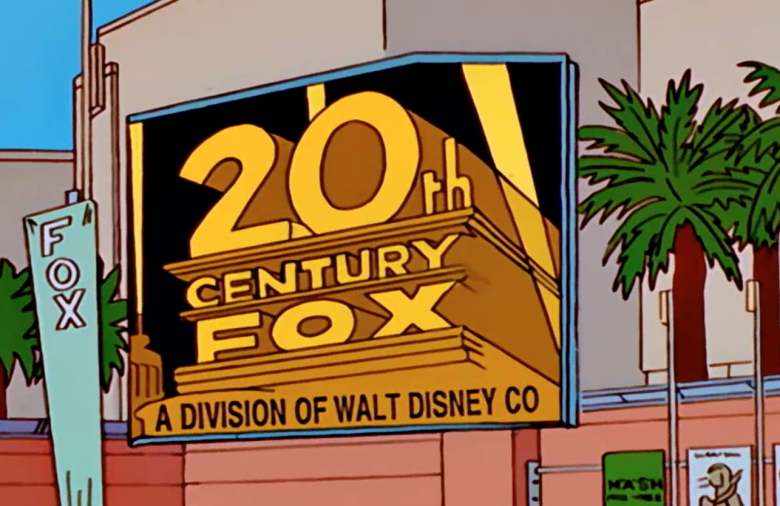Matt DiSanto, Staff Writer
On Thursday, December 15th, The Walt Disney Corporation and Twenty-First Century Fox, Inc., agreed for Disney to acquire the majority of Fox’s film and television studios, as well as its cable and international TV businesses for over $52.4 billion in stock.
The deal allows Disney to focus on its commitment to deliver high-quality entertainment to all parts of the world, ranging from its TV programs to blockbuster movies. Disney would also be able to construct a more personal consumer relationship with customers and deliver a more diverse entertainment experience.
Fox would still retain the rights to its sport networks such as FS1/FS2 and Big Ten Network, Fox News, and Fox Broadcasting networks, all of which would be spun off to its shareholders.
Through this deal, Disney now owns the rights to X-Men, The Simpsons, and Fantastic Four, as well as popular channels such as National Geographic and FX.
Despite the seemingly-beneficial effects this would have on the avid moviegoer, Disney’s acquisition of Fox’s properties is bad for the entertainment industry.
Disney is slowly developing a monstrous monopoly on the entertainment industry, especially in recent years, as it has acquired Marvel Studios, The Muppets, Pixar Studios, Star Wars, and almost all of Fox’s respective properties. They control a huge portion of the movie market, which further increases their grasp over the entertainment industry.
Besides acquiring various characters and studios from other entities, Disney’s move greatly decreases competition in the entertainment industry. With less and less firms and studios willing to compete with Disney, they’ll have no reason (besides making more money) to develop their content and try to improve their products with each release, while other studios such as Sony will have less reason to compete.
While it might be cool to see Wolverine line up with Iron Man and Captain America in the next Marvel movie, Disney’s acquisition of Twenty-First Century Fox further escalates their monopoly on the entertainment industry. For the sake of the entertainment industry, and for the betterment of future films, studios need to compete with Disney and develop memorable movies that challenge Disney’s dominance over the market.
